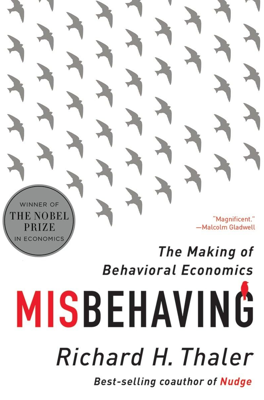Forming a Team
Expanding Behavioral Economics Through Collaborative Networks
In the chapter "Forming a Team", the author details his strategic efforts to grow the nascent field of behavioral economics by creating an interdisciplinary community. Initially, the field had limited proponents, primarily the author, George Loewenstein, Robert Shiller, and Colin Camerer. Recognizing the need for a broader base, the author aimed to foster an environment where psychologists and economists could collaborate and advance the field together.
Eric Wanner, a key figure from the Russell Sage Foundation, played a crucial role in this endeavor. Initially working in the Alfred P. Sloan Foundation and later becoming president of the Russell Sage Foundation, Wanner dedicated resources to pursue the integration of psychology into economics. Despite the shared enthusiasm of renowned psychologists and economists, early interdisciplinary meetings did not yield the anticipated productive collaborative research. The meetings showed the challenges of aligning academics from diverse disciplines without them retreating into their specialized domains or becoming overwhelmed by unfamiliar technical details.
Realizing that the envisioned psychologist-economist collaboration was less viable, Wanner and the author pivoted their strategy. In 1992, they established a group called the Behavioral Economics Roundtable. Although formed primarily of economists, this initiative pivoted to nurturing the next generation of scholars through an inventive approach.
The most enduring and impactful initiative was the Russell Sage Foundation Summer Institutes in Behavioral Economics, also referred to as the summer camps. These were two-week intensive training programs designed to introduce graduate students worldwide to behavioral economics, covering a field not yet formally taught in universities. The camps were innovatively structured and included a mixture of established scholars and promising newcomers in the field.
Notable outcomes from the summer camps include fostering an environment where many participants went on to become leaders in the field, such as Sendhil Mullainathan, Ernst Fehr, and Matthew Rabin. The program's success in drawing talent and promoting behavioral economics as a vital area of study highlights its role in transitioning behavioral economics from a fringe to a mainstream discipline within economics.
In conclusion, although initial efforts to integrate psychologists and economists at a deep collaborative level faced challenges, the structured educational initiatives like the summer camps proved highly effective. They not only cultivated new talent but also created an ongoing community, ensuring the sustainable growth and impact of behavioral economics.
